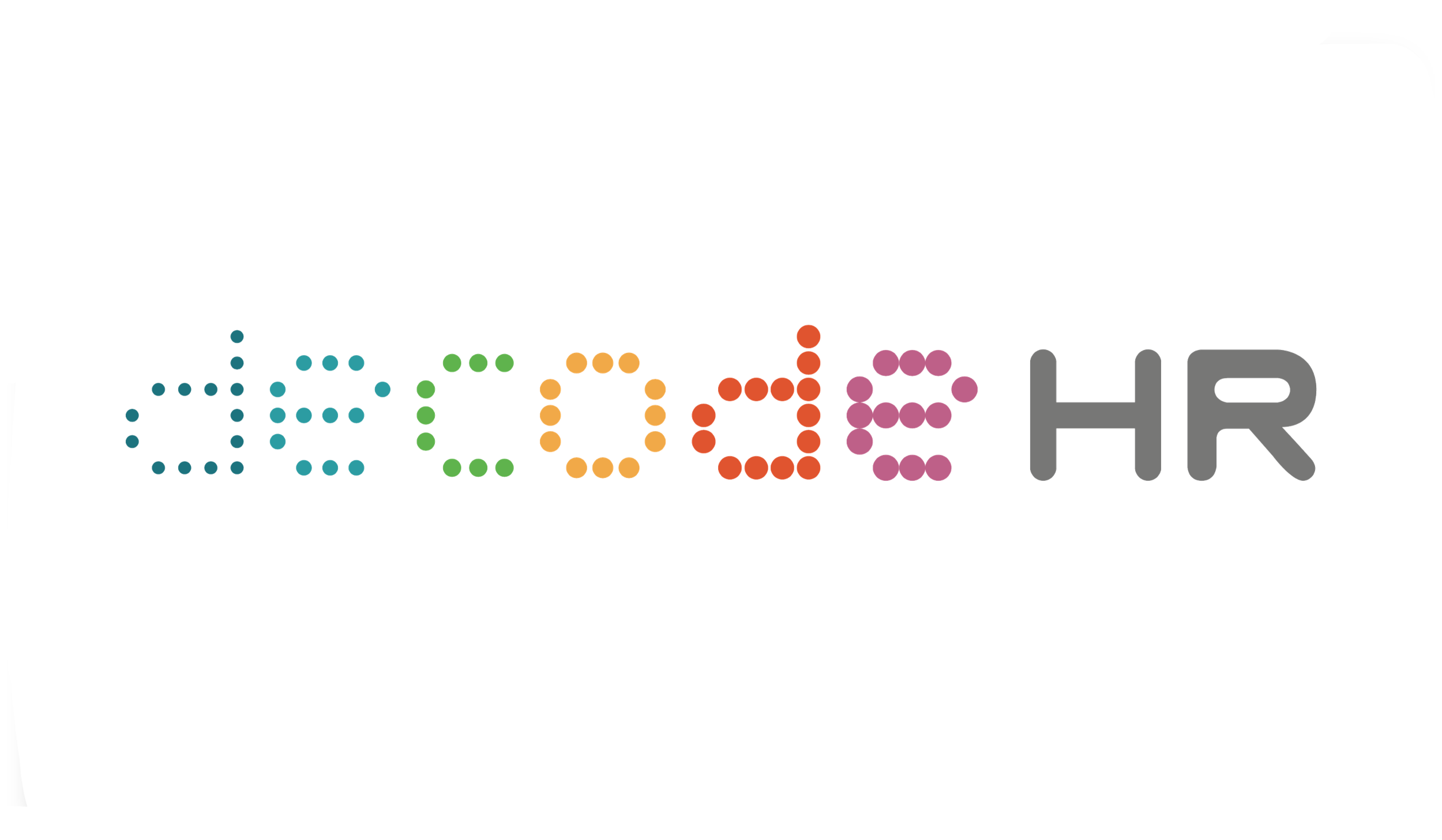Creative Use of Finite Resources in a Recovering Economy
Reading time: 3 mins
One of the challenges operating in a post-COVID environment is that companies are very cautious about how they utilise their resources, and this extends to how companies reward their employees financially. I'm sure this is not something that comes as a surprise. However, you may be interested to know many companies have employed multiple interventions across the board. One of these interventions include reducing spending on employee recognition programs.
Despite tight budgets, most total rewards leaders have improved at least one reward to help employees through this difficult time.
Based on a recent Gartner report, a majority (68%) of organisations have added or increased at least one reward to help employees during the pandemic.
The report details the rewards leaders are prioritising and enhancing across:
• Mental well-being (including the use of 'flexi-hours')
• Hazard pay
• Medical benefits
• Child-care support services
• Transportation services
In addition to the above, what other ways can companies continue to motivate and recognise their employees? After all, employees are working a lot harder, and anxiety levels are at an all-time high.
Companies can consider using one-time rewards or bonuses.
For instance, giving concert tickets or a dinner voucher as a surprise thank you gift or spontaneous one-time bonus, also commonly known as spot awards.
It seems this form of personal recognition has a motivating effect on employees because recognition of this kind takes place immediately.
Above all, however, its motivating effect lies in the fact that it comes so suddenly in an unsolicited manner. Imagine the above event in a different light. The manager promises his team member, Peter, two tickets and a handwritten card if he agrees to work overtime at the upcoming fair. This approach would follow the classic pattern of 'do this and you get that'.
This approach, however...
It is transactional and risks a shift from intrinsic motivation to extrinsic, which in psychology is called 'over-justification' or 'the crowding out theory'. It means that Peter’s initial intrinsic motivation is diminishing and can give rise to the expectation that Peter will be rewarded in future requests as well. Conversely, when rewarding Peter for his help after the fact spontaneously and unconditionally, the intrinsic motivation tends to stay or is enhanced.
Naturally, there are also risks to awarding spontaneous bonuses such as the risk of arbitrariness. To avoid setting your employees up for continued expectations, it is always important to say why you are recognising the person or why they are receiving a one-time bonus.
We also like Media Bistro’s write-up “5 Budget-Friendly Ways to Reward Your Employees”, that emphasises that money is not the only way to reward your employees:
1. The use of Recognition, particularly in team meetings, to shine the spotlight on an employee’s accomplishments
2. Flexible work schedules also carry a lot of weight – so the use of Time
3. Giving Gifts and empowering employees to choose their own rewards
4. Free Food – sharing a meal together to commend them after jobs are well done
5. Escape – time outside for the sole purpose of having fun together can help your team feel rewarded
Ultimately, the aim is to let your employees know they're doing a great job and express your gratitude to motivate them to keep at it.
We will be sharing more about the use of spot awards at our upcoming webinar: 'Rewards Strategies for 2021 and Beyond'. Sign up here to find out more:
[Article migrated from dcHR.tech]





